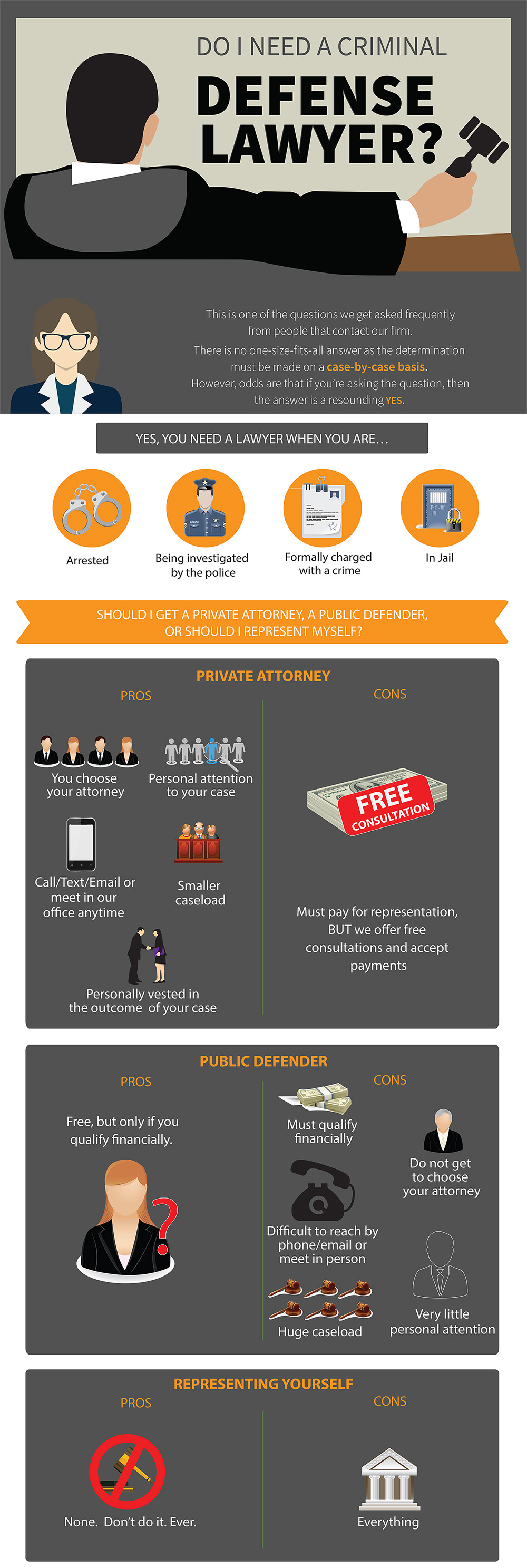Comprehending The Criminal Trial: A Comprehensive Step-By-Step Malfunction
Comprehending The Criminal Trial: A Comprehensive Step-By-Step Malfunction
Blog Article
Composed By-Kincaid Therkildsen
When you step into a criminal trial, you might be surprised by the structured procedure that unravels. It all begins with court choice, where potential jurors are inspected for predispositions through an approach called "voir dire." Afterwards, both sides offer their opening declarations, setting the stage for the proof and testaments to follow. You'll see exactly how the prosecution and defense construct their situations, however what occurs next can significantly impact the outcome. Recognizing these phases can disclose the complexities of justice, but there's more to discover concerning the defining moments that adhere to.
Court Option Process
When it pertains to the court option procedure, you're diving into a critical phase of a criminal trial. This procedure, commonly called "voir dire," entails wondering about possible jurors to ensure they're unbiased and efficient in supplying a fair judgment.
You'll see both the prosecution and defense lawyer participating actively, each intending to select jurors that straighten with their case's story.
During voir dire, you'll notice that attorneys ask questions regarding jurors' backgrounds, beliefs, and experiences. Their objective is to determine any pre-existing predispositions that could affect a juror's decision. As a juror, you might really feel a mix of anxiety and inquisitiveness, but your honesty is essential.
After questioning, lawyers can test certain jurors for cause if they think a juror can not stay neutral. They can additionally make use of a limited number of peremptory obstacles to reject jurors without stating a reason.
Trial Phases Explained
The phases of a criminal test play a crucial function in guaranteeing a fair and organized procedure.
You'll first come across the opening statements, where both the prosecution and protection detail their cases. This establishes the stage for what's to come.
Next, the prosecution provides its proof and witnesses, aiming to prove the offender's guilt beyond a reasonable doubt. You'll see direct exam adhered to by cross-examination, allowing both sides to challenge the here and now details.
After https://docs.google.com/spreadsheets/d/1cLVJiwaBw2l2VrA9roVi_zBudCiNFM4ETalDuehTzPs/edit#gid=745618542 rests its instance, it's the defense's turn. They'll present their evidence and witnesses, usually focusing on creating reasonable question. You'll discover that the protection doesn't have to confirm virtue; they just require to challenge the prosecution's case.
Once both sides have presented their debates, you'll hear shutting declarations, where each party summarizes their case. This is crucial as it strengthens their positions before the court ponders.
Throughout these stages, the court ensures that the test follows lawful requirements and that the civil liberties of both parties are safeguarded.
Recognizing these stages will aid you value the intricacies involved in a criminal trial and the importance of each step in the pursuit of justice.
Verdict and Sentencing
After all evidence has actually existed and debates made, the jury or judge supplies a verdict, establishing the defendant's regret or virtue. If you become part of the court, you'll mull over with your fellow jurors, discussing the proof and your impacts. This procedure can take some time, as you'll wish to ensure every person agrees on the decision based upon the realities.
Once a verdict is reached, it's revealed in court. If the defendant is condemned, the following stage is punishing. This is when the judge decides the appropriate penalty. You might notice that numerous elements influence the sentence, such as the intensity of the crime, the offender's previous document, and any mitigating circumstances.
The judge might enforce a series of sentences, from penalties and social work to jail time. Occasionally, the defense or prosecution can offer debates pertaining to sentencing, attempting to sway the court's decision.
If family defense attorney is found not guilty, they're acquitted, and no penalty follows. Remember that a guilty decision can often cause charms, where the offender might challenge the decision or the sentence enforced.
Verdict
In a criminal trial, you've seen just how important each action is, from jury option to the final decision. You've adhered to the prosecution and protection as they develop their situations, aiming to convince the jury. When consideration finishes up, the judgment identifies the result, and if the accused is found guilty, the sentencing phase starts. Recognizing https://www.politico.com/news/2021/12/07/jussie-smollett-defense-rests-523911 assists you value the intricacies of the justice system and the relevance of each duty in guaranteeing a fair trial.
